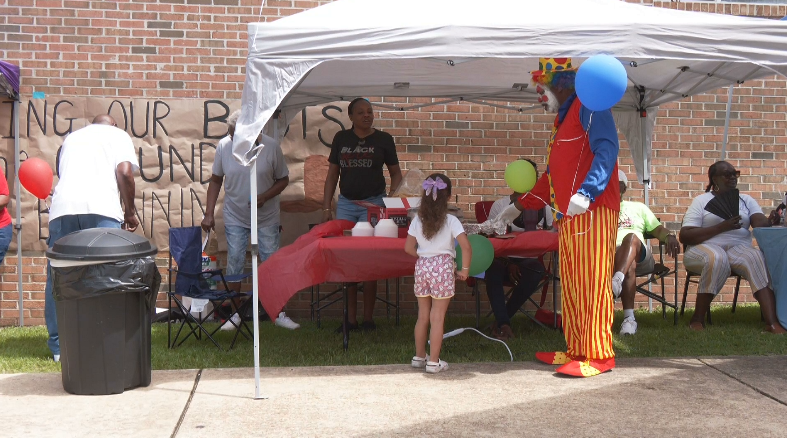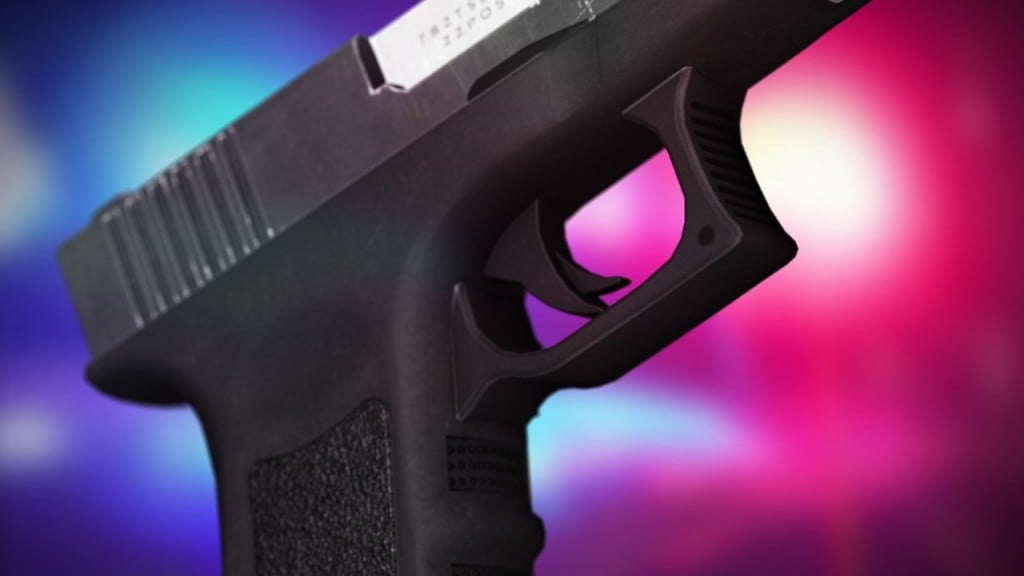Suicide and addiction-related deaths on the rise in Mississippi, mental health expert says people need better access to treatment
COLUMBUS, Miss. (WCBI) – Thursday is the very first Mental Health Action Day, a time meant to focus on raising awareness of the various mental health needs all across the country and how to give people the help they need.
“To understand what to say to someone when they look at you in the eye and they talk about ending their life,” says nationally recognized mental health expert Dr. Ben Miller. “What to say to someone when they look at you in the eye and say, ‘I’m using again and I don’t know how to stop.”
Dr. Miller is the Chief Strategy Officer for Well Being Trust, a national foundation that advocates for advancements in mental and social health. He says the current mental health and addiction crisis existed long before the pandemic but COVID-19 has made it even worse.
“We saw a three-fold increase in rates of depression and anxiety,” he says. “Half the country described how COVID had had a negative impact on their mental health.”
Their recent report tracks what they call “deaths of despair” across each state. Those totals are made up of the deaths induced by alcohol, drug overdoses and suicide. From 2018 to 2019, Mississippi saw a 17 percent increase in those deaths.
“If you look at Mississippi, you know you have a substantial portion of your population that is still uninsured,” Dr. Miller said. “And one of the reasons that people do not seek out care is because of the affordability of it.”
The most recent data from the Mississippi State Department of Health shows that 15.5 percent of those surveyed said they experience 14 or more days of poor mental health during one year.
Baptist Behavioral Health Care in Columbus features a Chemical Dependency Unit and offers both inpatient psychiatric treatment and outpatient counseling.
Dr. Miller says even more work needs to be done state-wide to increase people’s access to proper treatment.
He says the first step involves being proactive, especially in schools.
“We can better prepare our students to understand how to address issues of emotion, how to regulate those emotions when they feel too much,” Dr. Miller said. “It’s what we would call social-emotional development.”
He says the other piece involves modernizing the entire mental health and addiction treatment system.
“We can begin to look at ways to bring mental health to where people are,” he explained. “Places like primary care, schools, prisons, jails, libraries barber shops, you name it.”
Dr. Miller says the end goal is to not only be there for those in crisis but to know what to do when they are there.
“Understand how to intervene with one another, rather than just empathize and reflect back on how hard it must be,” Dr. Miller says.
The National Suicide Prevention Lifeline (1-800-273-8255) is available 24/7 for people of all ages who need help.
Click here for more information on Baptist Behavioral Health Care.





Leave a Reply